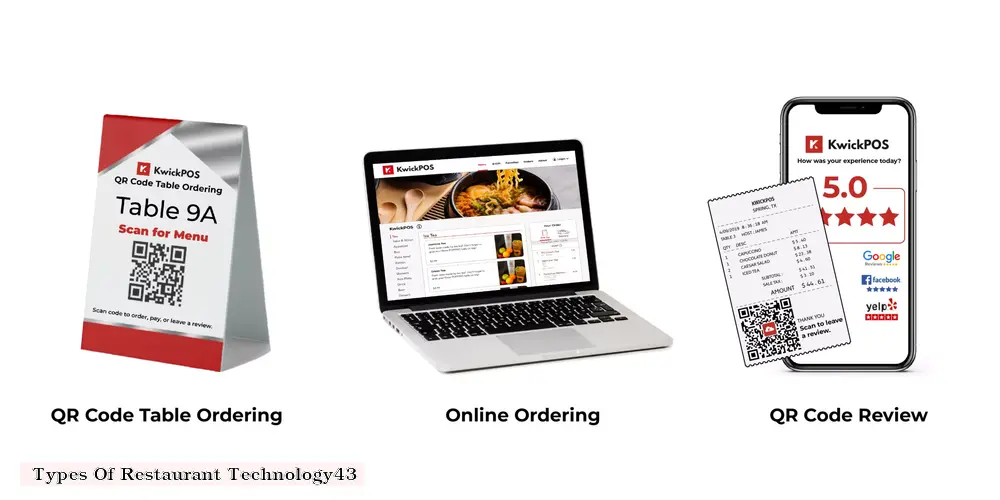

Introduction:
As the restaurant industry continues to evolve, technology has become an indispensable part of the business, streamlining operations, enhancing customer experiences, and boosting revenue. This article aims to provide an in-depth exploration of the various types of restaurant technology, their benefits, and how they contribute to the success of a restaurant business.
1. Point of Sale (POS) Systems
A restaurant's POS system is the backbone of its technology infrastructure. Modern POS systems process payments, manage orders, track inventory, and generate reports, allowing for seamless and efficient operations. Restaurants can choose from traditional POS systems or cloud-based solutions that offer scalability, data accessibility, and easy integration with other technology.
2. Reservation and Waitlist Management
Efficient reservation and waitlist management systems enable restaurants to optimize table utilization, reduce no-shows, and enhance the customer experience. These systems can send automated confirmations, reminders, and notifications to customers, keeping them in the loop and engaged.
3. Online and Mobile Ordering
Online and mobile ordering solutions have gained immense popularity as they offer convenience to customers and boost sales for restaurants. With contactless and curbside pickup options, restaurants can cater to customers who prefer off-premise dining.
4. Inventory and Supply Chain Management
Effective inventory management is crucial for maintaining food cost control, reducing waste, and ensuring profitability. Restaurant technology facilitates inventory tracking, supplier management, and demand forecasting, allowing restaurants to make data-driven decisions and optimize their inventory levels.
5. Customer Relationship Management (CRM)
A well-designed CRM system helps restaurants collect and analyze customer data, delivering highly personalized experiences that foster customer loyalty. Customized promotions, automated marketing campaigns, and targeted communications are some of the key benefits of a robust CRM system.
6. Employee Management and Scheduling
Efficient scheduling and labor management help restaurants maintain optimal staffing levels, control labor costs, and improve employee morale. Comprehensive employee management systems facilitate time and attendance tracking, payroll processing, and performance management, leading to a well-organized and productive workforce.
7. Kitchen Display Systems (KDS) and Order Management
Kitchen display systems streamline ticket management, reduce human errors in order preparation, and improve ticket times. Integrating KDS with front-of-house and third-party delivery systems ensures seamless communication and efficient order management.
8. Loyalty Programs and Rewards
Restaurant loyalty programs and rewards systems encourage repeat business and foster customer loyalty. These programs can be integrated with the POS system, allowing for automated tracking and redemption of rewards.
9. Analytics and Business Intelligence
Data-driven decision-making is essential for success in the restaurant industry. Business intelligence tools help restaurants track and analyze sales, inventory, and guest data, providing actionable insights to optimize operations, improve customer experiences, and drive revenue growth.
Conclusion:
Embracing the right mix of restaurant technology offers numerous benefits, from strengthening operational efficiency to elevating the customer experience. By integrating these solutions into their existing infrastructure, restaurants can stay competitive and scale their business effectively in today's dynamic market.
DISCLAIMER: This information is provided for general informational purposes only, and publication does not constitute an endorsement. Kwick365 does not warrant the accuracy or completeness of any information, text, graphics, links, or other items contained within this content. Kwick365 does not guarantee you will achieve any specific results if you follow any advice herein. It may be advisable for you to consult with a professional such as a lawyer, accountant, or business advisor for advice specific to your situation.

today
Copyright © 2026 Kwick365.com
Designed by KwickPOS is the best restaurant POS